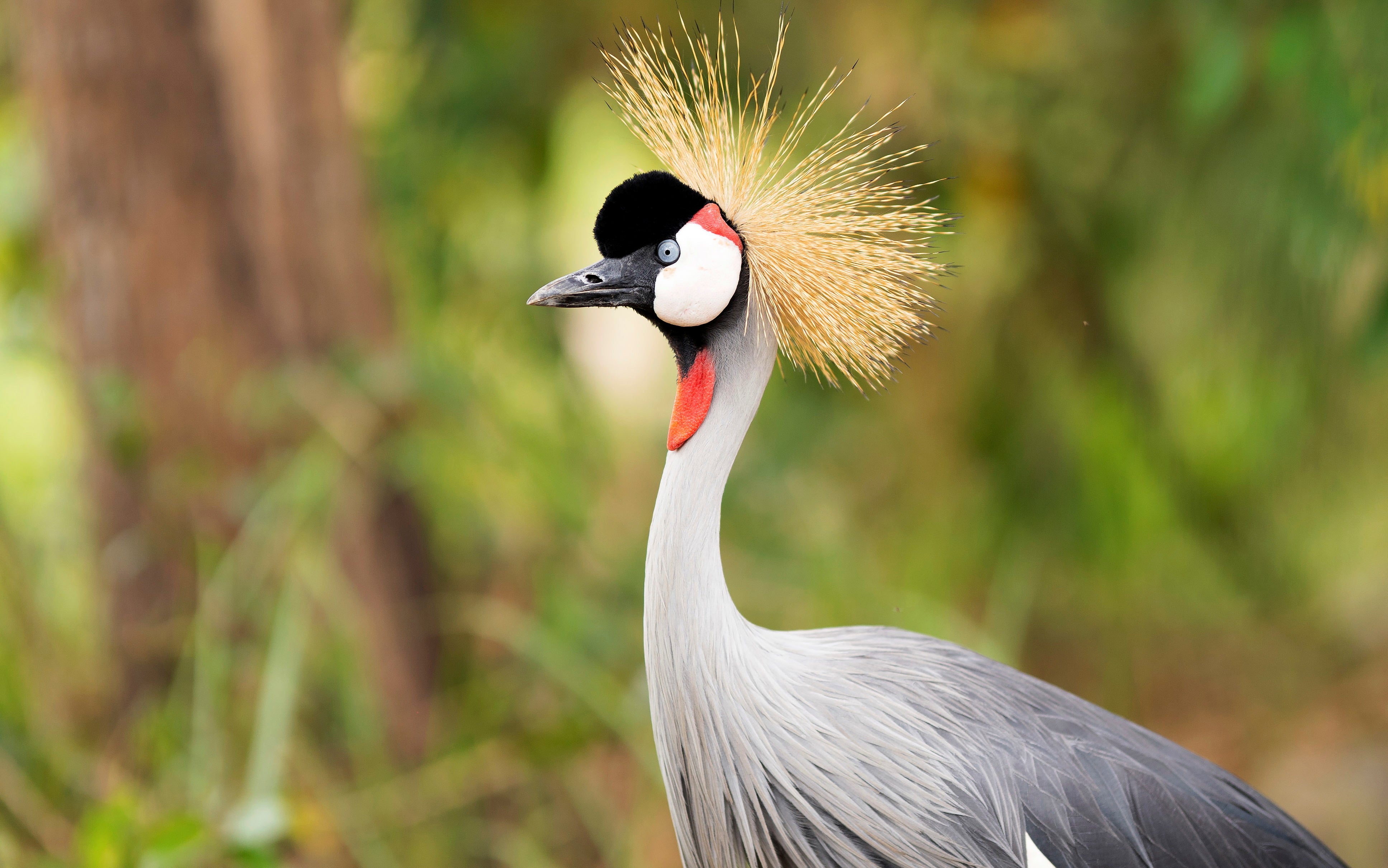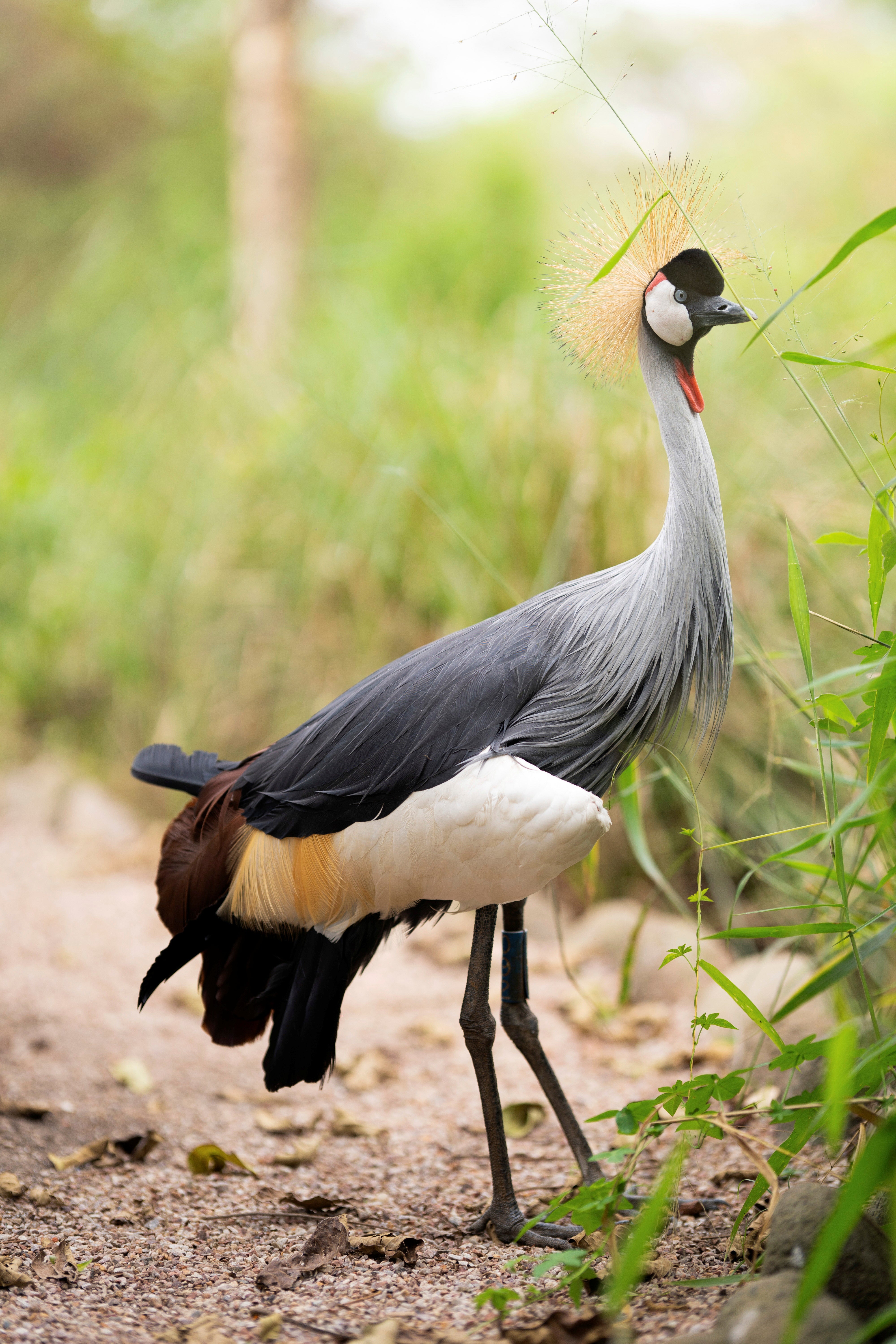Rwandan conservationist helps to save hundreds of cranes
Village helps to almost double population of birds in last four years

Your support helps us to tell the story
From reproductive rights to climate change to Big Tech, The Independent is on the ground when the story is developing. Whether it's investigating the financials of Elon Musk's pro-Trump PAC or producing our latest documentary, 'The A Word', which shines a light on the American women fighting for reproductive rights, we know how important it is to parse out the facts from the messaging.
At such a critical moment in US history, we need reporters on the ground. Your donation allows us to keep sending journalists to speak to both sides of the story.
The Independent is trusted by Americans across the entire political spectrum. And unlike many other quality news outlets, we choose not to lock Americans out of our reporting and analysis with paywalls. We believe quality journalism should be available to everyone, paid for by those who can afford it.
Your support makes all the difference.A tall grey crowned crane with an injured leg struts through a bird sanctuary in the Rwandan capital Kigali.
The Umusambi Village has rescued more than 200 cranes from captivity over the years, helping to boost the population of the endangered birds to 881 from 487 just four years ago.
Before the intervention, local communities were hunting or capturing the birds to sell, said veterinarian Olivier Nsengimana, whose conservation organisation runs Umusambi Village together with the government. The name means grey crowned bird in the Kinyarwanda language.
These cranes, which sport a yellow crown of feather tipped with a black and red throat pouch, have often been seen as a status and wealth symbol in Rwanda. They are often found in private homes or hotels, where they are kept as pets.
“There was huge demand for the pet trade,” Mr Nsengimana said.

His passion for cranes goes back to his childhood, growing up in a village filled with grey crowned cranes that served as alarm clocks and provided entertainment.
“People really enjoyed their dance, their call, it’s just one species that means a lot in the society, in the culture,” he said.
Some of the rescued birds in Umusambi Village end up there after being injured by poachers. Others were kept in homes after their legs had been broken or wings were clipped by their captors to prevent them from flying away.

Once the birds are healthy enough to survive in their natural habitat, Mr Nsengimana takes them to a protected forest.
Join our commenting forum
Join thought-provoking conversations, follow other Independent readers and see their replies
Comments